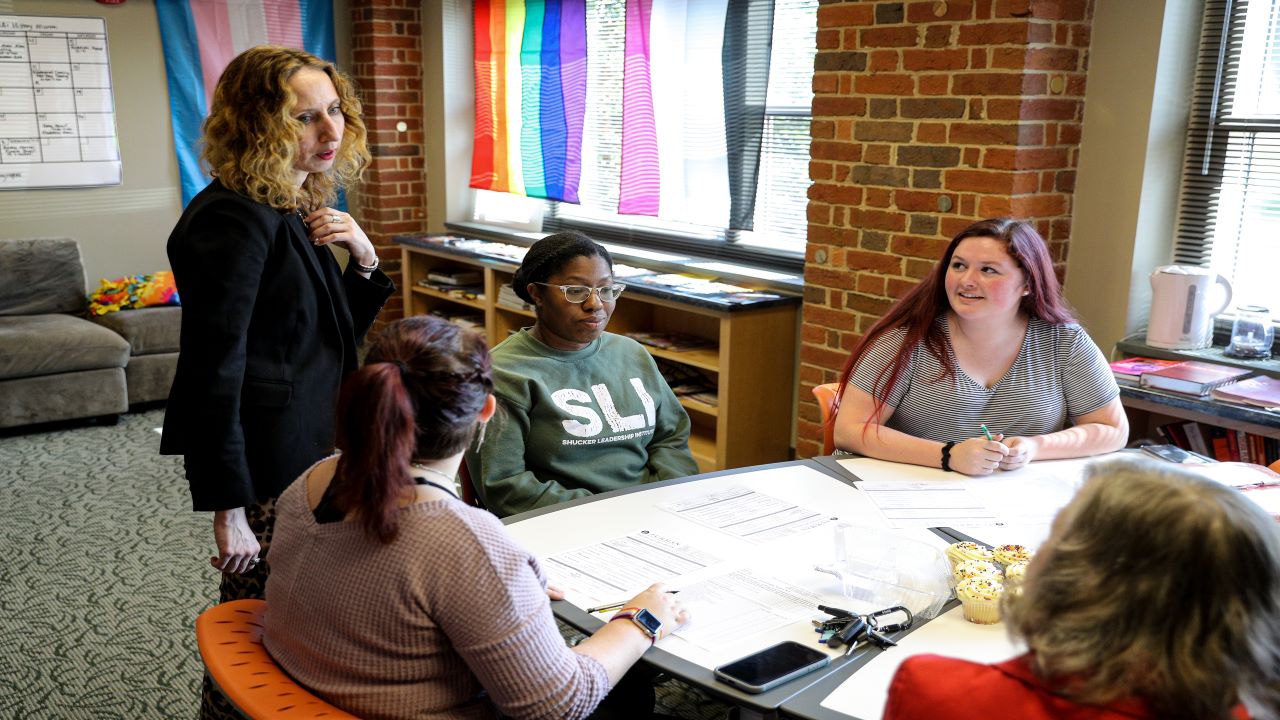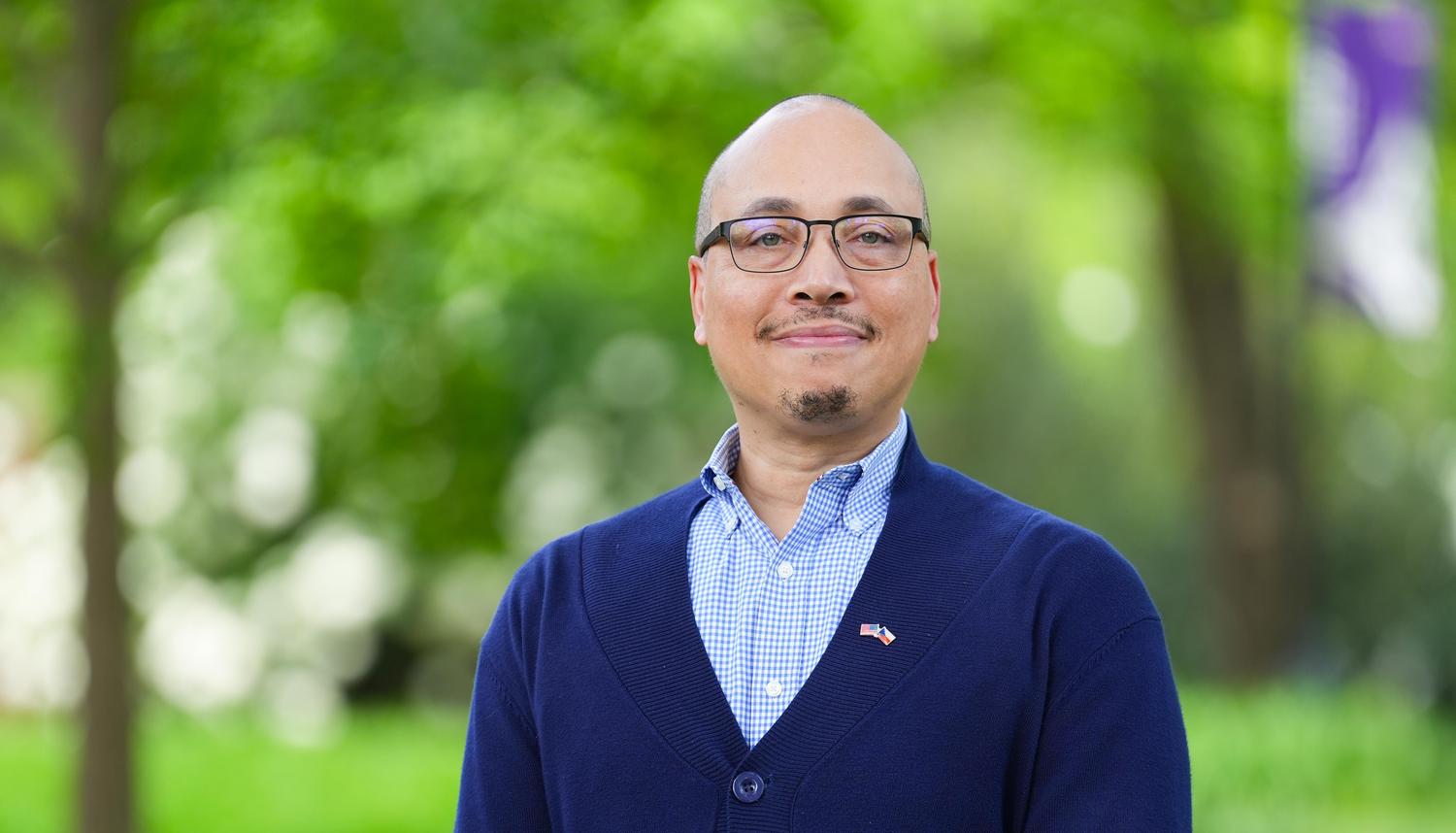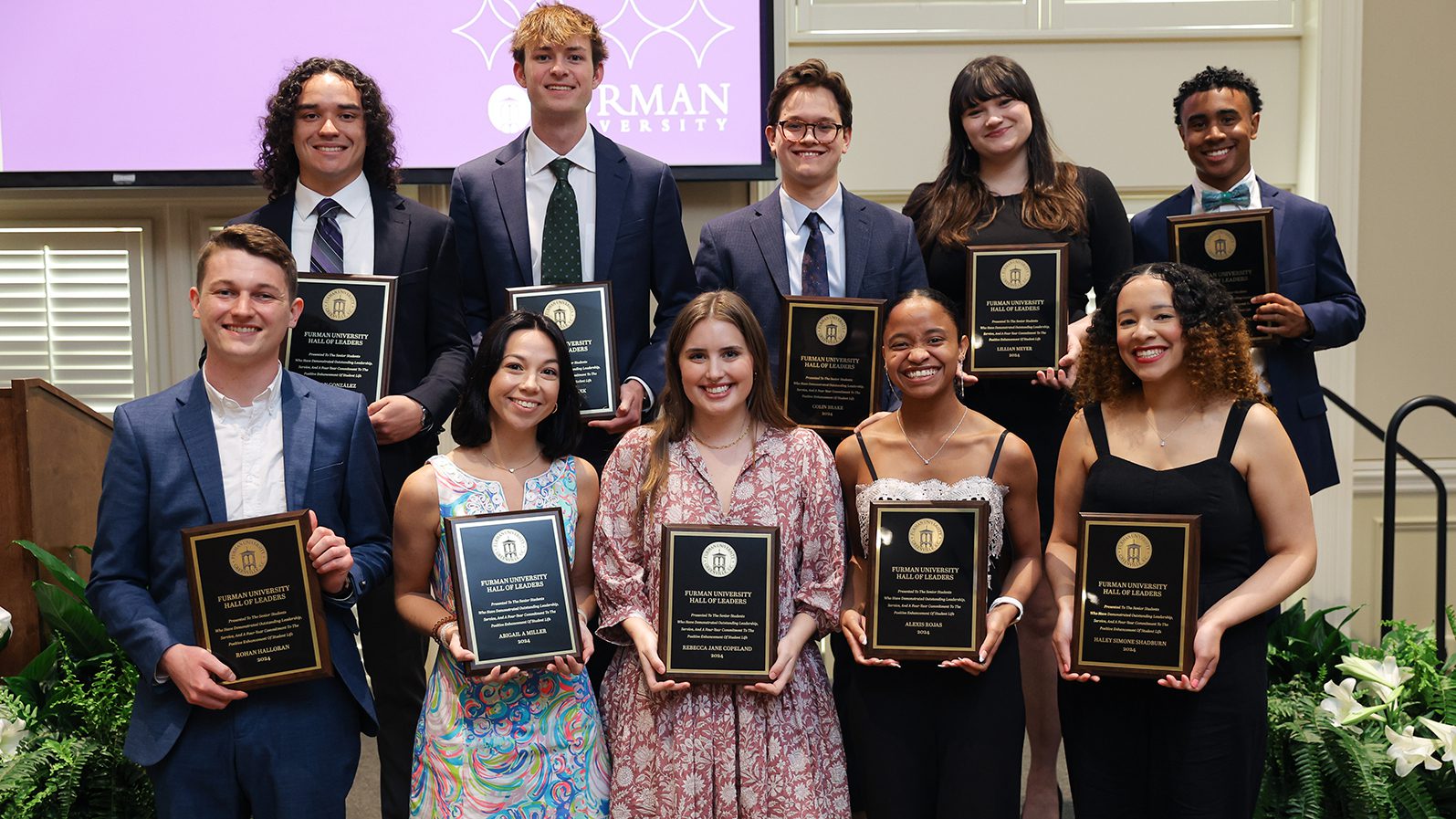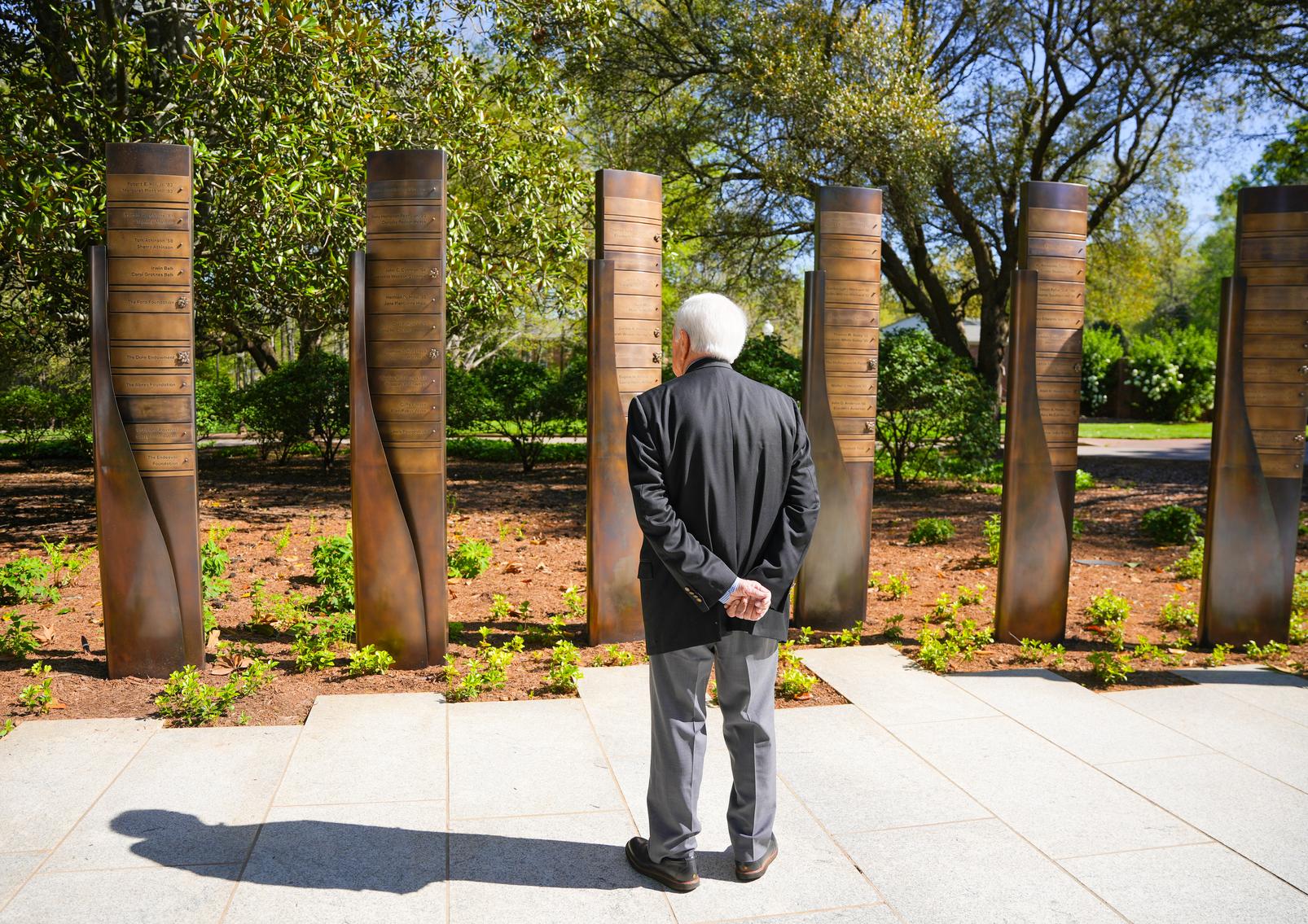Program Overview
Table of Contents
What is a women’s, gender, and sexuality studies minor?
Increasingly, students are drawn to women’s, gender, and sexuality studies to give voice to marginalized people and groups. Regardless of how they identify, students are driven by their passion to engage with issues of the day – violence against women and children, social justice, the #MeToo movement, ableism, equitable access to technology, ageism and women’s underrepresentation in health care and public policy leadership. A minor in women’s, gender, and sexuality studies trains a lens on these and other issues. Take your first steps by contacting admissions or reading more about how to apply.
Why study Women’s, Gender, and Sexuality Studies at Furman?
Through a multidisciplinary model, the WGSS minor casts a wide net that includes 13 academic departments in addition to WGSS courses. Deliberately small classes create space for unfettered discussion, reflection, critical thinking and analysis. Build self-confidence as you sharpen your oral presentation and writing skills and critical thinking acumen. Connect classroom to community by identifying and solving problems on a local or campus level.
How will you learn?
Explore coursework with context through internships and research designed to focus your interests in areas most meaningful to you – women’s and children’s advocacy, LGBTQIA+ issues and inequities in health care. Travel to Sweden to compare sex education programs with those in the U.S. Or stay on campus for May Experience, “Sexual Revolutions in America.” Plan a visit to Furman’s beautiful campus or start your application today.

Careers for Women’s, Gender, and Sexuality Studies majors
Furman’s diverse WGSS minor curriculum prepares you for myriad possibilities in the professional world.

Some sample fields and vocations are:
- Educator
- Medical doctor
- Non-profit manager
- Local and federal government roles and agencies
- Lawyer
- Human resources manager
- Social worker
- Marketing and public relations professional
- Journalist
- Counselor
- Researcher
Featured Women’s, Gender, and Sexuality Studies courses
More than a dozen academic departments from anthropology to economics are leveraged to deliver a well-rounded interdisciplinary minor.
View Minor Requirements-
86%Students who have participated in an engaged learning experience
-
37%Students who research with faculty or conduct independent studies
-
14Average class size
What our students say
Our faculty

Gretchen Braun

Kathleen Casey

Scott Henderson
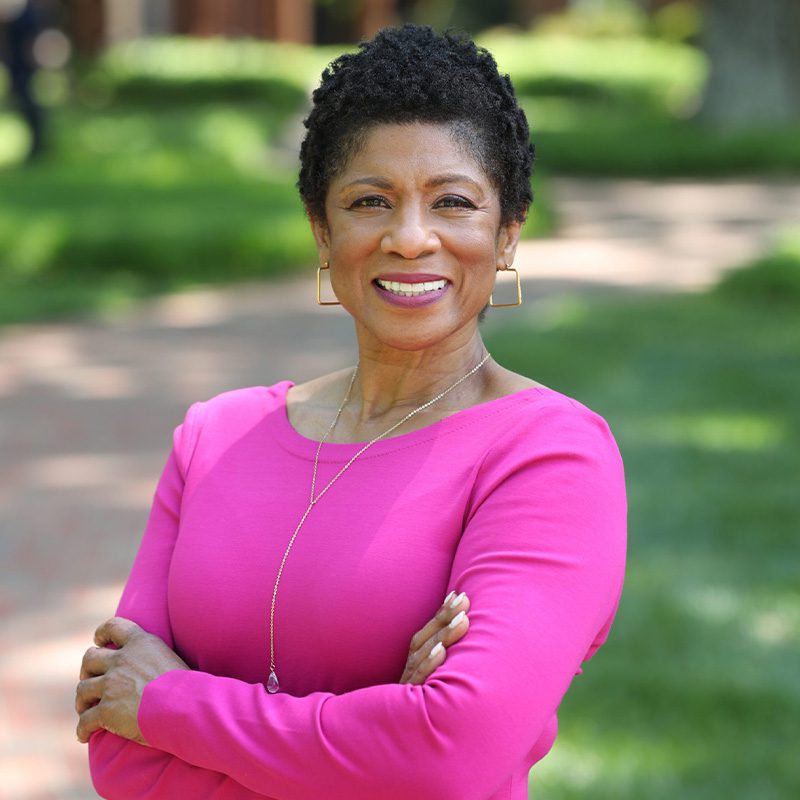
Cynthia King
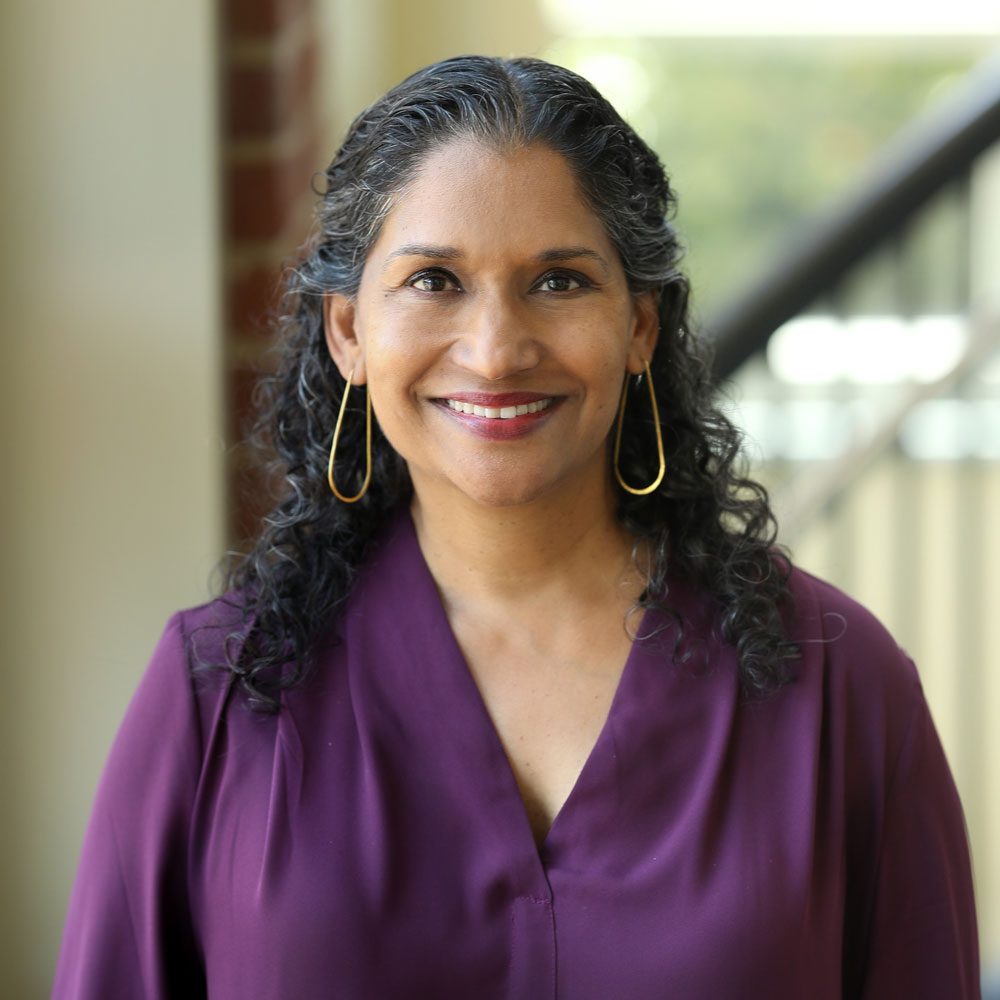
Savita Nair

Nicholas Radel

Elizabeth Smith

Roger Sneed
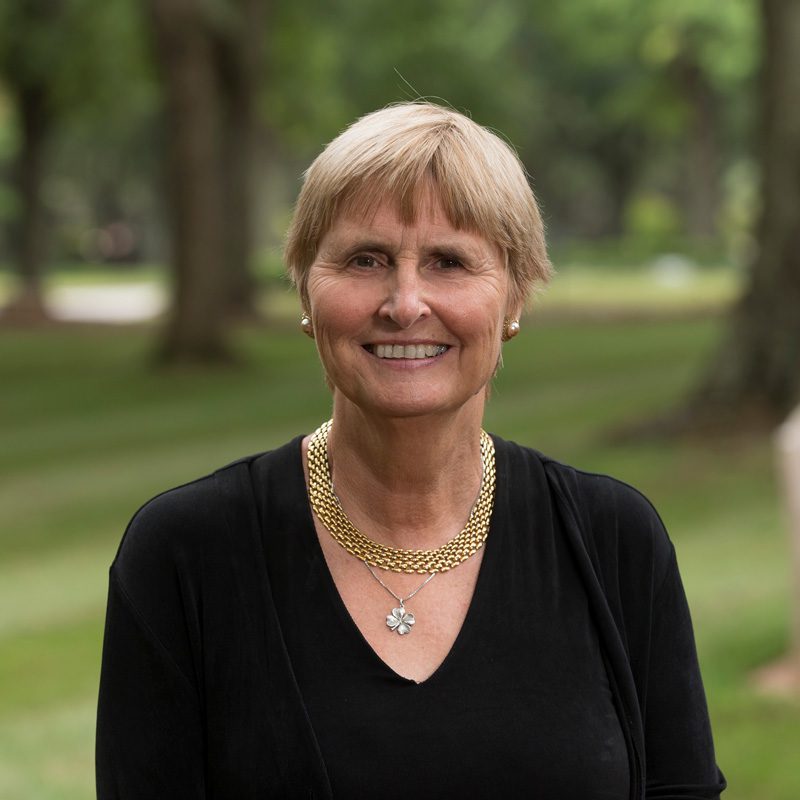
Marian Strobel

Women’s, Gender, and Sexuality Studies Minor F.A.Q.
Like declaring a major, students meet with the minor chair to work out details.
There is no limit to the number of minors a student may declare.
A minor program is an excellent way to explore further interests, develop additional skills to attract future employers, and discover connections between different subjects you’re passionate about. Many students find that taking on a minor makes for a more well-rounded and complete educational experience.
